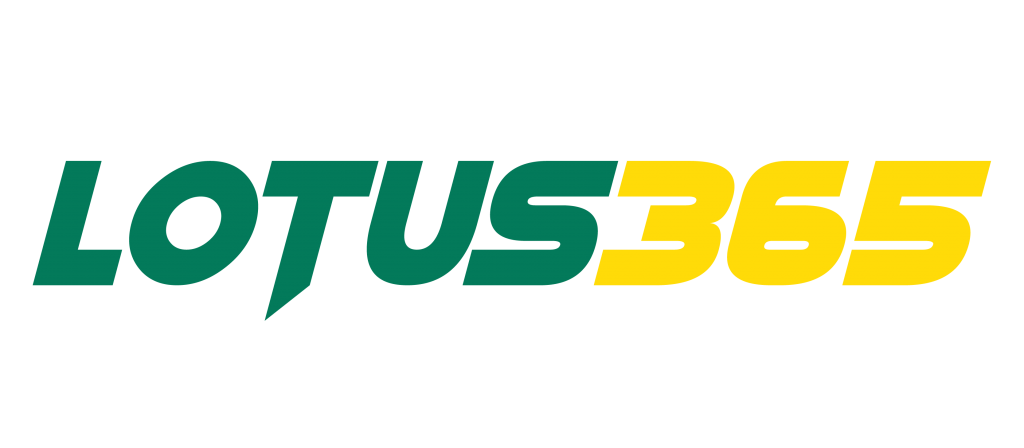Who Owns Lotus 365? The Truth Revealed!
Introduction: Unveiling the Ownership of Lotus 365
What is Lotus 365 and Why is its Ownership Important?
Lotus 365 represents a modern evolution of a historically significant brand in the world of productivity software. Today, it's a collaborative suite designed for businesses, offering email, calendaring, file sharing, and team communication tools. Understanding the ownership of Lotus 365 is crucial for users concerned about the platform’s stability, future development, and data security. Knowing who is behind the product provides insight into its long-term viability and strategic direction.
Briefly Address Common Misconceptions & Initial Confusion
For many, the Lotus name evokes images of the 1980s and 90s, instantly linked to the revolutionary spreadsheet program, 1-2-3. This historical association often leads to confusion, with many wondering if the original Lotus Development Corporation still exists. The ownership story is complex, involving acquisitions and transitions that have reshaped the brand over the decades. This article will clearly trace that journey. Many new users are also curious about access through platforms like lotus 365 ios.
Article Scope – What We Will Cover
This article will comprehensively detail the journey of Lotus, from its founding to its current ownership under HCLTech. We will explore the key acquisitions, strategic shifts, and the evolution of the Lotus suite, culminating in the modern Lotus 365 offering. We'll also briefly touch upon associated gaming aspects like the aviator free game often linked to online platforms and the allure of an aviator game bonus wala experience. Finally, we’ll address the fundamental question: who is the owner of lotus 365?
The History of Lotus: From Software Pioneer to IBM Acquisition
Origins of Lotus Development Corporation & Key Products (1-2-3)
Lotus Development Corporation rose to prominence in the early 1980s with its groundbreaking spreadsheet program, 1-2-3. Founded in 1980, the company quickly became a leader in the burgeoning personal computer software market. 1-2-3, known for its speed and powerful features, became the industry standard, challenging VisiCalc and setting the stage for the future of spreadsheet software.
Growth and Market Dominance in the Spreadsheet Era
Lotus experienced phenomenal growth throughout the 1980s, fueled by the success of 1-2-3 and expansion into other productivity tools. The company built a strong brand reputation for innovation and quality. However, the arrival of Microsoft Excel, with its graphical interface, signaled a shift in the market.
Acquisition by IBM: A Turning Point (Year, Price, Rationale)
In 1995, IBM acquired Lotus Development Corporation for a staggering ⚠formula incomplete
IBM’s Strategy for Lotus Post-Acquisition
Post-acquisition, IBM focused on integrating Lotus technology into its broader product offerings. The strategy involved emphasizing Lotus’s strengths in collaborative software and competing with Microsoft Office.
IBM’s Ownership & the Evolution into ‘Lotus Notes’ & ‘Lotus Domino’
Lotus Notes & Domino: Development & Core Functionality
IBM transformed Lotus’s focus toward collaborative software, developing Lotus Notes and Lotus Domino. Notes provided email, calendaring, and database capabilities. Domino was the server platform powering Notes, offering robust security and management features.
IBM’s Investment & Continued Development of the Lotus Suite
IBM continued to invest in the Lotus Suite, expanding its functionality and integrating it with other IBM products. Despite ongoing development efforts, the suite faced increasing competition from Microsoft Exchange and other collaborative platforms.
Market Position of Lotus Notes/Domino – Enterprise Focus
Lotus Notes and Domino primarily targeted large enterprises, offering a secure and customizable platform for internal communication and collaboration. The suite became a mainstay in many Fortune 500 companies.
Challenges and Declining Market Share (Factors contributing to decline)
Despite its strengths, Lotus Notes/Domino experienced a decline in market share throughout the 2000s. Factors contributing to this included the rise of web-based email, the increasing popularity of Microsoft Exchange, and perceived complexity in administration and deployment.
The HCLTech Acquisition: A New Chapter for Lotus
IBM Sells Lotus to HCLTech: The Deal Details (Year, Price, Key Terms)
In 2019, IBM sold its Lotus Notes and Domino businesses, along with its related services, to HCLTech for ⚠formula incomplete
HCLTech's Strategic Vision for Lotus & Domino
HCLTech envisioned a modernized Lotus platform, leveraging cloud technologies and open standards. The acquisition aligned with HCLTech’s strategy of focusing on enterprise-grade software solutions.
Focus on Modernization & Cloud Adoption: Lotus 365’s Emergence
HCLTech embarked on a path of modernizing the Lotus suite, resulting in the emergence of Lotus 365. This cloud-based solution aims to provide a more user-friendly and flexible experience while retaining the core strengths of the Lotus platform. With modern features, many users are discovering the platform through apps like lotus 365 ios.
Key Differences between Legacy Lotus/Domino and Lotus 365
Lotus 365 differs significantly from its predecessor. It is a cloud-native application built on modern architectural principles, offering seamless integration with other cloud services. The legacy on-premise solution was often complex to administer, while Lotus 365 simplifies deployment and management.
Who Currently Owns Lotus 365? – HCLTech's Complete Ownership
HCLTech as the Sole Owner: Clarifying any Remaining Ambiguity
HCLTech is the sole and current owner of Lotus 365. The acquisition from IBM in 2019 transferred complete ownership and control of the Lotus brand and its associated products to HCLTech. There is no remaining IBM involvement in the development or operation of Lotus 365.
Structure of HCLTech’s Lotus Divisions & Leadership
Within HCLTech, the Lotus portfolio is managed by dedicated divisions focused on product development, sales, and customer support. HCLTech has appointed a leadership team dedicated to the continued growth and innovation of the Lotus platform.
HCLTech's Portfolio Integration: Where Lotus 365 Fits
Lotus 365 is strategically integrated within HCLTech’s broader portfolio of enterprise software and services. It complements HCLTech’s offerings in areas such as digital transformation, cloud services, and cybersecurity.
Geographical Presence & Global Operations of the Lotus 365 Team
The HCLTech Lotus 365 team operates globally, with development and support centers located in multiple countries. This global presence allows HCLTech to serve customers around the world effectively.
Lotus 365: Product Details and Future Outlook
Core Features & Functionality of Lotus 365 (Compared to alternatives)
Lotus 365 provides a comprehensive suite of collaborative tools, including email, calendaring, file sharing, instant messaging, and team workspaces. It aims to differentiate itself from competitors by offering enhanced security features, robust customization options, and a focus on enterprise-grade scalability. For those looking to unwind, platforms sometimes offer opportunities like an aviator free game or to chase an aviator game bonus wala.
Target Audience & Industries Served
Lotus 365 primarily targets large enterprises and organizations with demanding security and compliance requirements. Key industries served include financial services, healthcare, government, and manufacturing.
Competitive Landscape: Lotus 365 vs. Microsoft 365, Google Workspace
Lotus 365 competes directly with established players like Microsoft 365 and Google Workspace. While Microsoft 365 possesses a larger market share, Lotus 365 aims to carve out a niche by offering a highly secure and customizable alternative.
HCLTech’s Roadmap for Lotus 365: Future Development & Innovation
HCLTech has a clear roadmap for the future development of Lotus 365, focusing on expanding its functionality, enhancing its integration with other cloud services, and leveraging emerging technologies like artificial intelligence and machine learning.
Conclusion: The Complete Ownership Story & What it Means for Users
Recap of the Ownership Timeline: From Lotus to IBM to HCLTech
The journey of Lotus has been a remarkable one, spanning decades of innovation and transformation. From its founding in 1980, through its acquisition by IBM in 1995, and finally to its acquisition by HCLTech in 2019, the Lotus brand has consistently adapted to changing market conditions.
What HCLTech Ownership Means for the Future of the Lotus Platform
HCLTech’s ownership signals a renewed commitment to the Lotus platform. Their focus on modernization, cloud adoption, and enterprise-grade security positions Lotus 365 for long-term success.
Resources for Lotus 365 Users & Further Information
For more information about Lotus 365 and its capabilities, visit the HCLTech website and explore their comprehensive resources for users.


